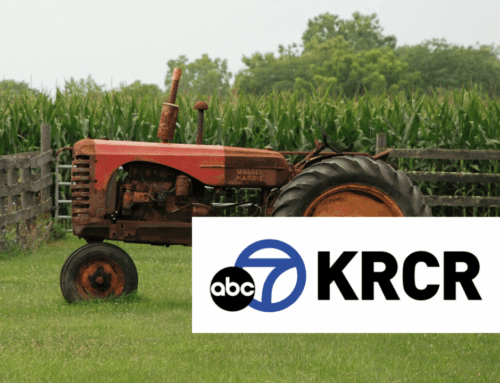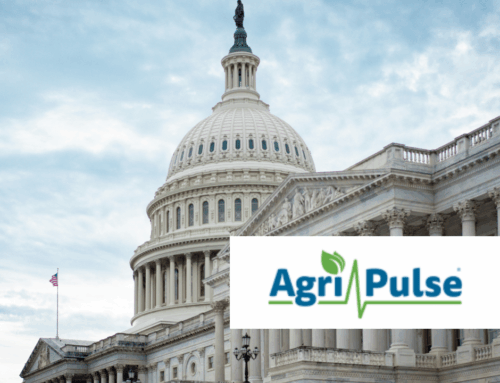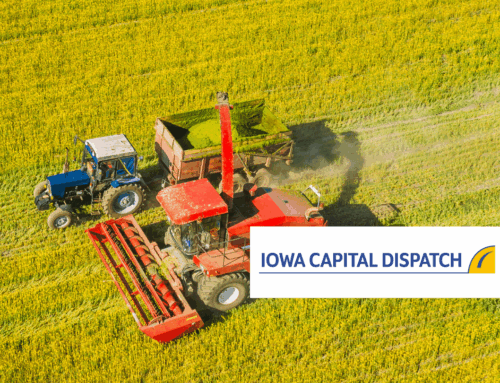The President’s Budget Request proposes savings in the highly subsidized crop insurance program to rein in wasteful spending while also maintaining a strong safety net for farmers. Projected to cost $8.2 billion annually, but spiking to as much as $14 billion in 2012, federally subsidized crop insurance is consistently the most expensive Farm Bill authorized income entitlement available for agricultural businesses. (CBO expects crop insurance to fall short of the $23 billion in checks the administration is writing to buy the good will of farmers affected by the trade war. In theory that spending will end when the trade war ends; crop insurance is permanently authorized.) It’s also the only federal agricultural income subsidy program with no payment limits or means-testing.
The budget request proposes approximately $25 billion in savings from the federally subsidized crop insurance program, slightly less than last year’s $25.8 billion, through policies that TCS has long advocated for.
Reducing the federal taxpayer burden in the crop insurance program has been a focus of budget requests for both President Trump and President Obama before him. See the detailed year-by-year breakdown of crop insurance reform proposals here.
These common sense reforms would be a great step towards creating a more responsive and accountable safety net that taxpayers can afford. The likelihood the administration works to implement these changes, however, is slim, to say the least. President Trump, like President Obama, proposed many good reforms to federally subsidized crop insurance. President Trump, like President Obama, then signed a trillion-dollar farm bill that included exactly none of those reforms.
The president’s FY21 budget request does a good job at narrowing the focus of the federal farm safety net. Now the administration needs to put its money where its mouth is and fight for these changes.










